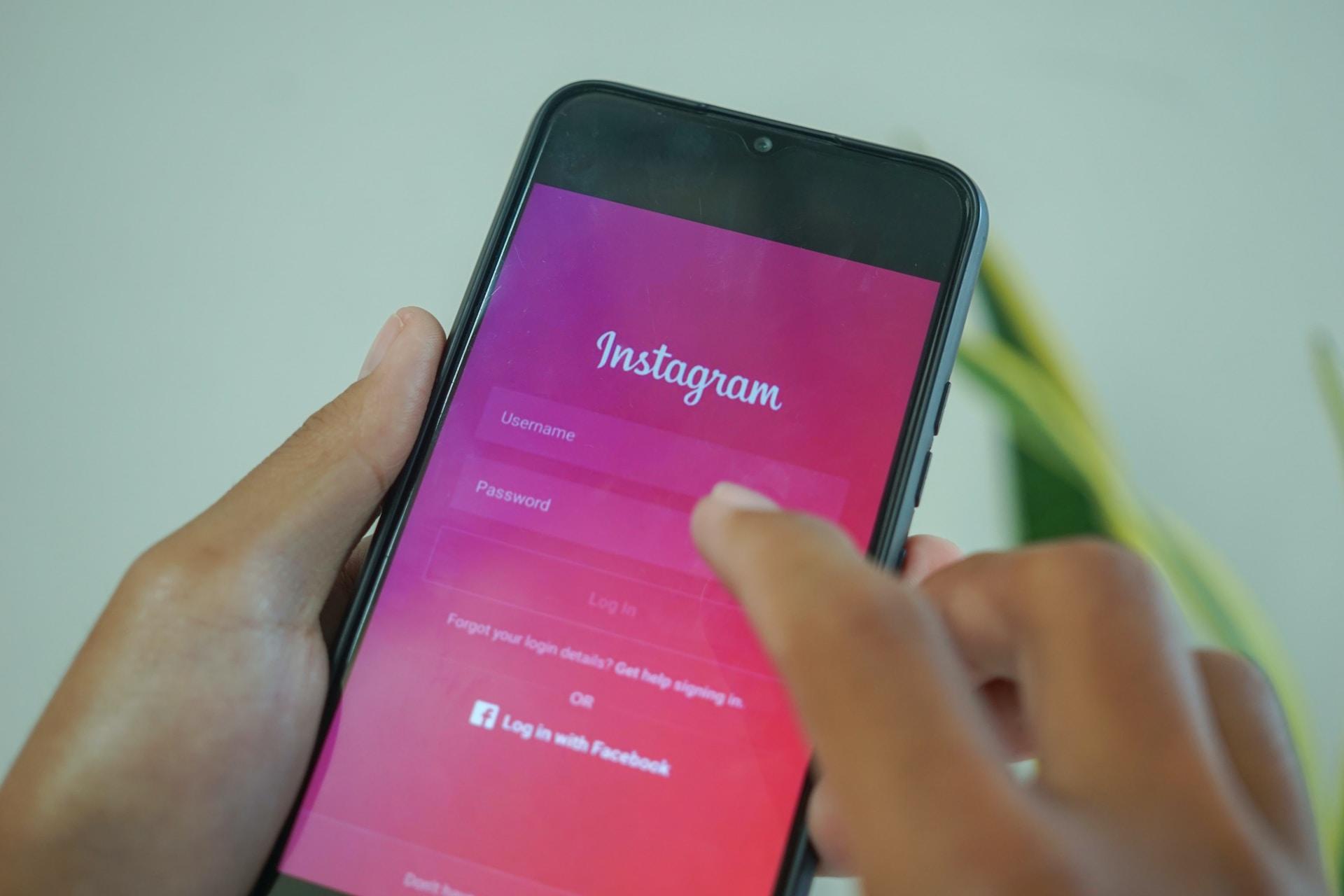As far as internet safety is concerned, malware and hackers gaining access to our bank details or other important personal information are the biggest threats. Social media can act as a platform through which hackers can operate.
They might guess your password, which is easier than you might imagine. Sending you dodgy links sent supposedly from one of your friends’ accounts is another favoured tactic.
Or you might overshare information without knowing the risks involved. You might not be aware you're oversharing until it comes back to bite you. So this article assesses some of the biggest risks associated with social media and how best to avoid them in the future.

Oversharing
In life, we tend to keep our biggest secrets to ourselves. If we do decide to disclose them, it’s with those who have earned our trust. But what happens when you let your guard down? Or worse: what if you believe your social media accounts give you anonymity and security? To practise social media safety, we have to understand what it calls for.

Keep the Personal Private
In the past, a rant was a rant but these days, rants are broadcast to the whole world with just a tap of the finger. Having a rant go viral can come back to haunt you in the future. An unpopular opinion can land you in hot water with potential employers. A secret shared can be used against you later.
With this in mind, we have to be careful what we post on social media. We must not be tempted to press 'Send' on something potentially damaging to us. You may think this form of messaging is between just you and whoever you're messaging but the platform keeps a log of over interaction.
It’s best not to discuss personal matters or disclose vital information like credit card numbers, for example. Especially since all it would take is your Facebook (or other social media platform) account to be hacked. And then, that information is no longer secure.
Family Matters
Posting pictures and videos of your household - particularly children and close friends can be dangerous. Still, it's something that a lot of people don’t think twice about doing. The clearer a picture you provide of your friends, household, and personal life on social media, the more information you're giving away to people who would use it to harm you.
So when posting daily content of friends and family, bear these points in mind.
First, try to avoid posting too much content about your children. Your friends and family love and appreciate the updates but if this content gets into the wrong hands, it could cause a lot of pain and distress. Especially since the photos and videos will be in a public forum if you decide to post them on social media.
You can keep this type of content secure in your account's privacy settings so that only friends and your home group will be able to view it.
Also, think about your children's desire for such content being publicly available when they grow up. Take this issue up within the family before posting and be sure to let every child in your circle, especially teens, know the stakes.
Forbes published a thoughtful article on ‘sharenting’ you might consider to help your family make informed decisions on what to share online.
Dangers of Anonymity
Anonymity presents another dark side of social media. If you want to shield your identity, being anonymous is the way to do so. But social media platforms have clued into the dangers of anonymity so concealing yourself on social media is much harder, these days.
Anonymity is a mask for nefarious people to hide behind; the prevalence of internet trolls makes the point clear. These days, you don't even have to have a lot of followers to encounter trolls online.
They're masters of unwarranted and unsolicited criticism; they excel at creating outrage and stoking anger.
The culture of internet trolls is toxic, especially in these hyper-partisan, angry times. The lack of accountability anonymity provides can be dangerous because it gives people a means to attack without revealing their true identity. Doxxing and cyberbullying are dangerous practices anonymous trolls engage in, for example.
Even people in respected professions can engage in this type of behaviour. Anonymity gives people free rein to express their unsolicited opinions without repercussions. The best way to defeat anonymous trolls is to not engage with them. Even if you're tempted to respond, first ask yourself whether you would say what you'd message to someone in person.
-

Use a series of letters and numbers for a strong password. Photo by Mourizal Zativa on Unsplash
E-Safety and Passwords
A lot of people can take password safety for granted. They might use their pet's name or their favourite holiday getaway so it'll be easy to remember. But a password should be more complex than the first thing that comes to mind.
Hackers have an easy time figuring out simple passwords just by looking over your social media activity. Then, they have access to your personal information. So keep yourself safe by password-protecting your social media accounts the right way. Passwords are crucial to phone safety and online safety.
The Stronger, the Better
A strong, unique password contains a mix of letters, numbers, and symbols, and is quite long. The reason for having such a password is simple: it makes it much harder for hackers to figure out. Once someone gets hold of your password, they won’t just get access to one account. Every account you have is at risk, particularly if you have the same password for different accounts.
That's another reason to have a series of strong, unique passwords. If each of your accounts has a unique password, hackers won’t be able to cause a domino effect with your other accounts falling under their control.
Brute forcing is the automated process of trying every word in the dictionary until your password is unlocked. This type of hacking software has been on the market for over a decade. Being aware of such techniques should make every netizen want complex passwords.
Double Up
Don't just password-protect your social media accounts, make the devices you access your accounts from password-protected, too. Having a strong password for your social media account is all well and good.
But if you don’t have a password on your phone or tablet and you leave it unattended, you’re giving open access to your personal information. Passwords for your accounts and your devices should be different too, to make it as hard to crack as possible.
Social Media Safety: Be Sceptical
Scepticism is always a good thing when it comes to social media. One misclick or judgement lapse could start a ripple effect that could end badly for your device and personal safety.
Stranger Danger
You taught your child to beware of strangers. We need to bring that same wariness to all of our online dealings, especially when it comes to social media. If somebody you don’t know reaches out to you or sends you a friend request, take a moment before responding or accepting.
Friending someone you don’t know probably won’t be the end of the world but you never know what their intentions are. Especially if you have private information on your social media account, it’s best to exercise caution when it comes to people you don’t know.

Be Wary of Links
Internet safety 101: links can be deceptive. They are so easy to click but can damage your device install malware that could compromise your personal data. Clicking links from articles and trusted sources should be fine. But you're just as likely to encounter clickbait - undesirable, misleading links designed to entice.
These links are often found in places where you might be caught with your guard down, so it’s best to avoid clicking links when you’re not on a secure, trusted website. But that’s not the biggest concern when it comes to links. Your friends are just as likely to offer up dodgy links. You would never expect your friends to want to harm you but the nature of dodgy links makes them do so unwittingly.
Hackers gain access to social media accounts all the time. When they do, they try to catch people out by posing as their friend and sending a link with an innocent-sounding message like “check out this funny video!”. Should you know about staying safe online, you'll do nothing of the sort,
Avoid this trap by asking yourself if the text that accompanies the link is something your friend would typically say to you. Also, consider how likely it is that they would send you a link out of the blue with some robotic-sounding line before clicking it. Asking such commonsense questions before any online activity is the best way for you and your kids to practise social media safety.
Summarise with AI:
















